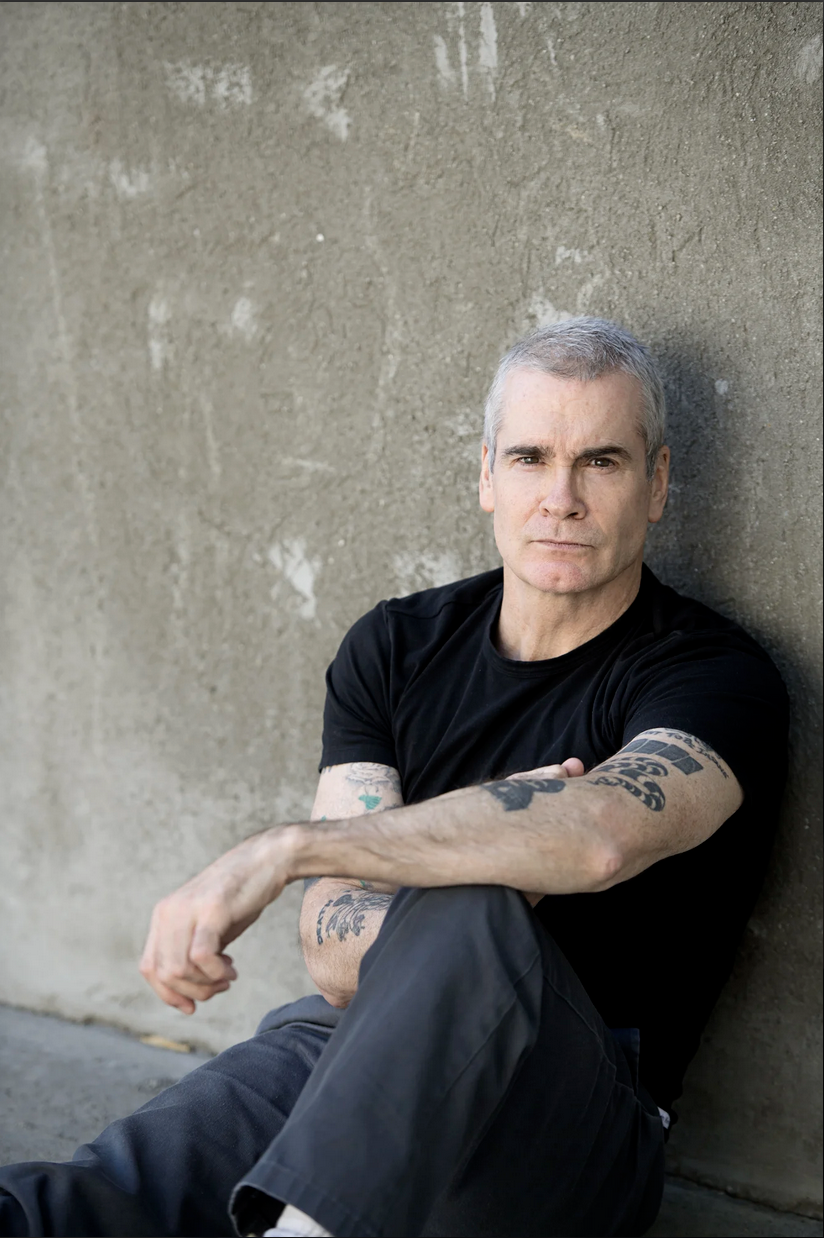This column was slated to appear in the January edition of Melbourne City Newspaper. A change of editorial committee unfortunately meant the column did not run and is now presented here.
---
“What? Another music festival?” If you’ve heard yourself exclaim this at the television, you aren’t alone. Melbourne serves as one of the world's cultural capitals. Despite the clout we proudly command, we're fast becoming inundated with music festivals, the sting of option paralysis by way of the hip-pocket becomes all too common amongst live music lovers. Since 2004, the average ticket price (nationally) has increased from $55 to $77, according to a Live Performance Australia report. The same report shows that between 2004 to 2008 there was an average growth in single-category (such as music) festivals of 88%. With festivals such as The Big Day Out, Soundwave or Summadayze costing upwards of $100 to almost $200, promoters risk ballooning the billion dollar live festival industry into an unsustainable morass, with too many choices forcing the hand of some punters to stay at home - not for lack of want, but affordability.
News Ltd. Ticketing are the owners and operators of music-focused national ticket resellers Foxtix and Moshtix, one of the major players alongside Ticketmaster and Ticketek. CEO Adam McArthur says that the upsurge of festivals is how “consumers want to enjoy their music, [considering] Australia is suited to a festival environment.” McArthur, though maintaining that festivals are good value for money - $100 might buy you over 10 or perhaps 20 bands – does admit there are difficulties arising in the industry. “People are pulling back their discretionary spending; they are making very conscious choices in how they spend their money on entertainment,” McArthur explains. Coupled with struggles to secure drawcard headline acts in view of rising costs, festival promoters are at pains to “put on diverse and interesting lineups” with some fests no longer selling out or proving unviable in the long-term.
Punters, much like Carla Carafa may spend around $1,500 to attend their favourite music festivals annually. As an “open minded” music lover, Carla admits it gets “really exhausting” in view of the scheduling of festivals, with many clustered around one major holiday period. “Big Day Out is on one week and Laneway Festival is on the week after; there’s literally three or four in the space of five weeks. It’s just a bit much,” she says. She had to ‘cull’ the Good Vibrations from her list due to cost and what I like to call “festival fatigue.”
Melbourne punches above its weight when it comes to music festivals; our ticket prices in some cases almost ten times higher than the US or UK counterparts mostly due the costs associated with traveling to Australia. It may seem trivial, but “festival fatigue” may creep into the mindsets of music lovers, harming the prospects of music festivals in the future. It's my view there’s a limit to what the Melbourne market can reasonably afford in terms of music festivals. One has to remain cognizant that they’re up against other cultural festivals such as the Melbourne International Comedy Festival or Melbourne International Film Festival. Improving choice is usually good, however keeping the pool small will encourage promoters to focus on securing more coveted line-ups which may just cure “festival fatigue” for Melburnian music lovers and keep the tunes blaring for years to come.


